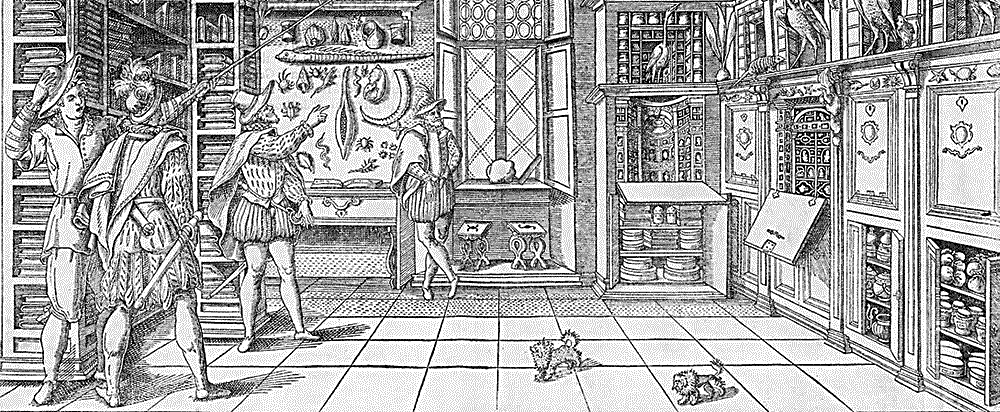September 2017
acted upon
24 September 2017, around 6.23.

What undermines and then kills political communities is loss of power and final impotence; and power cannot be stored up and kept in reserve for emergencies, like the instruments of violence, but exists only in its actualization. When power is not actualized, it passes away, and history is full of examples that the greatest material riches cannot compensate for this loss. Power is actualized only where word and deed have not parted company, where words are not empty and deeds are not brutal, where words are not used to veil intentions but to disclose realities, and deeds are not used to violate and destroy but to establish relations and create new realities.
Some time ago I had wanted to read Richard Sennett’s book, The Craftsman, primarily because it is relevant to my employment, but also because it appeared generally interesting. The first chapter puzzled me, however, with what appeared (and still appears) to be a substantial misunderstanding of the terms animal laborens and homo faber; Sennett wishes (as I vaguely recall but cannot confirm as I have returned the book to the library) to rehabilitate and lend dignity to that poor creature the animal laborens, by affirming that their work has value – though his example had to do with cooking – which not many would deny has a level of craftsmanship – rather than cleaning sewers, which would require greater ingenuity to elevate to an art form. It felt like a sad, distorted rehash of Heidegger’s cabinet makers, so of course one turns to Hannah Arendt (the most famous of Sennett’s teachers) to see what he is reacting against.2
In reading The Human Condition, it seems that Sennett (and his ideas) are entirely irrelevant to his own book.3 What of good appears therein seems to have been taken from Arendt, distorted through the filter of academic publishing, and rendered banal by lack of experience of gross human suffering – that human life is empty and has no intrinsic meaning is an abyss Sennett does not appear to face.4 Arendt presents more compelling definitions for Sennett’s misused terms, and adds a charming synthesis of Marxist labor theory and Greek ideas of excellence, with a veneer of early church morality. The Human Condition is a learned book, though it wears its learning lightly – yet it cares less for its own ideas than for presenting a mode of thinking. It shares the fault with What Is Called Thinking? that ideas do not flow from paragraph to paragraph and page to page, but drop into a still pool leaving the words to track the course of the ripples. One becomes so distracted by the distortions and permutations that one forgets the originating idea. Yet Arendt’s presentation of her thinking is a beautiful thing to observe, a fine piece of craftsmanship and, one is coming to learn, a rare one.
- Typ 525.99.461, Houghton Library, Harvard University. [↩]
- I keep meaning to write a little something about What Is Called Thinking?, but I keep putting it off for lack of time and brain power; consider this a first attempt. [↩]
- Poor devil. [↩]
- Indeed, one avoids it if one is privileged enough to do so. [↩]
